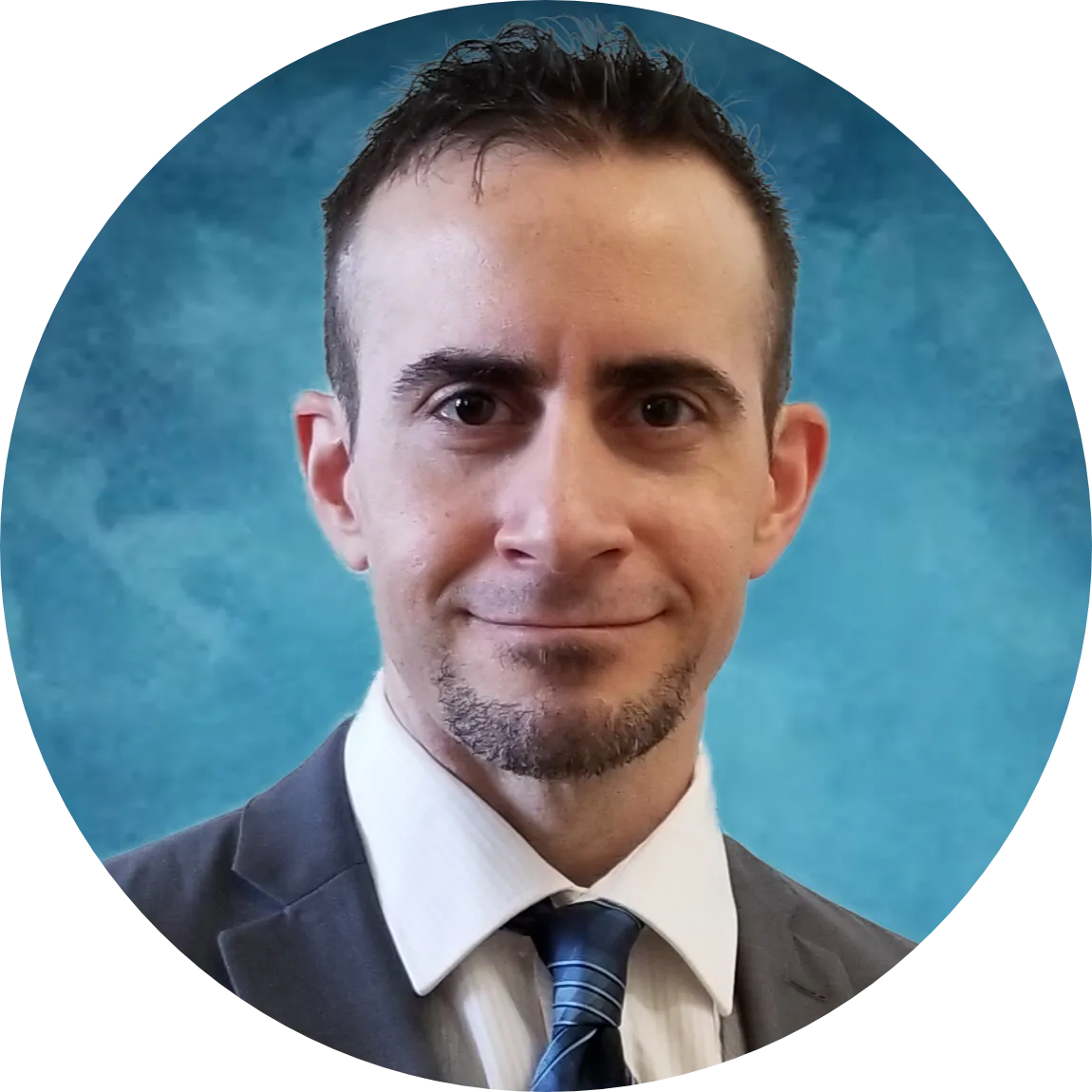
TALK TO A LICENSED INSURANCE BROKER TODAY
Hablamos Español
WE REPRESENT

Statewide in FL, GA, IN, KY, MI, NC, SC, TN, TX, VA where plans are available.
ACA | Private | Health Share | Dental | Vision | GAP Plans
OEP IS ALMOST HERE!
We Help You Find the Right HMO, EPO, or PPO Plan
Even Health Share Programs
ALL YEAR ROUND
Open Enrollment 1
OEP1 Start: Nov 1
OEP1 End: Dec 15
Cover Start: Jan 1
Open Enrollment 2
OEP2 Start: Dec 16
OEP2 End: Jan 15
Cover Start: Feb 1
MISSED BOTH OEPs? NO PROBLEM
You may be eligible for a Special Enrollment Period if you experienced a Qualifying Life Event.
You may be eligible to enroll in a Short-Term Medical plan or Health Share program.
KEY WORDS TO KNOW
Health Maintenance Organization (HMO) Plans
These usually limit coverage to care from doctors who work for or contract with the HMO and won't cover out-of-network care except in an emergency. They may require you to live or work in its service area to be eligible for coverage. They often focus on prevention and wellness.
Exclusive Provider Organization (EPO) Plans
A managed care plan where services are covered only if you use doctors, specialists, or hospitals in the plan's network (except in an emergency).
Preferred Provider Organization (PPO) Plans
A health plan that lets you use doctors, hospitals and providers without a referral. You pay less for using in-network providers but pay more for outside-network providers. PPO premiums are commonly higher than HMOs and EPOs.
Marketplace (ACA) Plans
These plans (HMOs, EPOs, PPOs) are offered through the Health Insurance Marketplace created by the Affordable Care Act. Individuals can purchase ACA plans during the annual Open Enrollment Period (OEP) or a Special Enrollment Period (SEP) if they qualify. These plans are often subsidized by the government, making them more affordable for individuals with lower incomes. ACA Plans must adhere to certain regulations set forth by the Affordable Care Act, such as providing essential health benefits and coverage for pre-existing conditions. They are categorized into different metal tiers (Bronze, Silver, Gold, Platinum) based on the level of coverage and cost-sharing. ACA Plans have standardized pricing based on factors like age and location, with additional subsidies available to further reduce costs for eligible individuals. Employers with a certain number of employees are required to offer ACA-compliant health insurance or face penalties.
Private (Short-Term) Medical Plans
These plans are offered through private insurance companies rather than through the government, typically PPOs. Individuals can purchase Private Medical Plans directly from insurance companies or through brokers. They are not subsidized by the government, meaning individuals pay the full premium amount. These Short-Term Medical (STM) Plans may offer a wider range of coverage options, including different networks of healthcare providers. They often provide more flexibility in terms of coverage levels and benefits, allowing individuals to choose plans that suit their specific needs. Premiums for STMs may vary based on factors such as age, location, and health status. They do have underwriting exclusions and/or limitations on pre-existing conditions. Employers can also offer STMs to their employees as part of a group health insurance policy.
Health Share Programs
Health Share is NOT the same as traditional health insurance, although they operate quite similarly. They are run by non-profit organizations that are not insurance companies, thus, the program is not regulated as insurance and typically do not have network restrictions. These plans are designed for larger unexpected medical needs, which makes them more affordable. You join their "community" as a "member" based on similar beliefs or ideologies with the usual restrictions or waiting periods for pre-existing conditions. Here are some terms commonly found in health insurance plans that are different in health share plans, respectively: a. insured = member; b. monthly premium = monthly contribution; c. deductible = member responsibility amount (MRA); d. covered/coverage = share/sharing; e. max out-of-pocket (MOOP) = additional member responsibility amount (AMRA); f. explanation of benefits (EOB) = explanation of sharing (EOS); etc.
Fixed Indemnity Products
These plans, for a small premium, help "fill gaps" by covering out-of-pocket medical costs not covered by your primary health insurance or plan. The benefits are payable to you upon a medical cost has incurred and a claim has been submitted. There are commonly 4 specific types of fixed indemnity coverages, or "GAP" plans: Accident, Cancer, Critical Illness, Hospital. They have no deductibles, nor a referral or network requirement.
Review Your Coverage. Review Your Options.
AVZ HEALTH INSURANCE CALENDAR
Book your FREE consultation today
Alejandro Villasuso is an experienced health insurance advisor. He earned his engineering degree in 2002 from FIU, his MBA degree in 2011 from FAU, obtained his insurance license in 2011, and founded AVZ Benefit Solutions in 2012. He holds health and life insurance licenses in FL, AK, GA, IN, KY, MI, NC, SC, TN, TX, and VA. Villasuso is Affordable Care Act (ACA)-certified for health insurance, AHIP-certified for Medicare insurance, along with other ancillary, indemnity, life annuity products. He has maintained these licenses and certifications active and practicing insurance consulting since 2011.
Villasuso's background as an engineer, business administrator, and insurance consultant includes project management, cost estimation, financial planning, product comparison, projection analysis, network research, billing, claims, fixed annuities, group and individual health and life products, and Medicare. He has always been driven with desire to help people.
Seeing firsthand in the past how his loved ones were frequently confused and frustrated trying to understand the complexity of their insurance and the medical system while dealing with their cancer or a sport accident gone wrong, it drove Mr. Villasuso to become an insurance broker and health care consultant so that he helps people understand their insurance policies and the medical system along with year-round support when called upon. Since becoming an insurance broker in 2011, he has worked with some of the largest and most reputable insurance carriers and agencies in the nation, and he has built a large and loyal clientele by way of his commitment to transparency and personalized service.
Review Your Coverage. Review Your Options.
© 2026 | AVZ Benefit Solutions | All Rights Reserved

